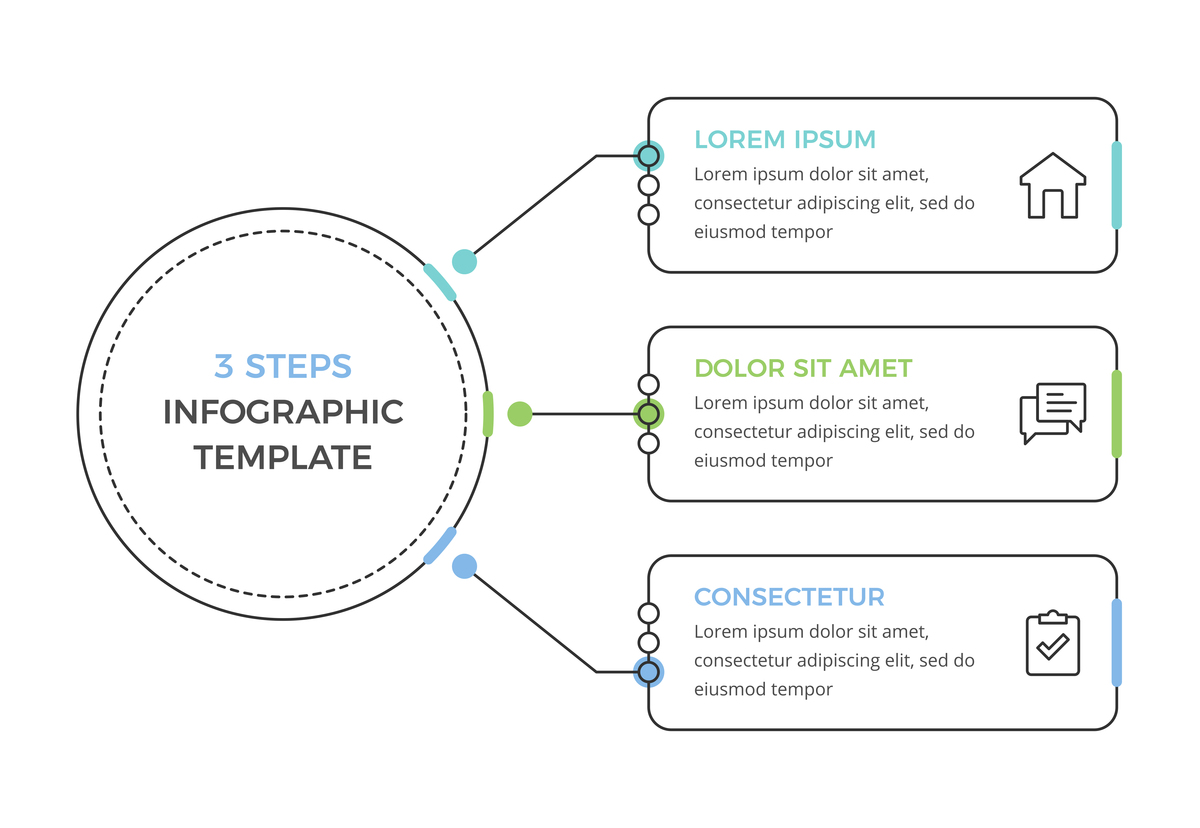Event Handler: Definition, Uses, and Implementation
An event handler is a function or method that is executed when a specific event occurs. It is used in event-driven programming to respond to user actions, system events, or other triggers. Event handlers are commonly used in graphical user interfaces (GUIs), web development, and other interactive applications.
When an event occurs, such as a button click or a key press, the event handler associated with that event is called. The event handler then performs a specific action or executes a set of instructions in response to the event. This can include updating the user interface, processing user input, or triggering other events.
In web development, event handlers are often used to add interactivity to web pages. For example, an event handler can be used to validate user input in a form, or to display a pop-up message when a user hovers over a specific element.
Event handlers can be implemented in various programming languages and frameworks, such as JavaScript, Java, C#, and Python. They can be attached to specific objects or elements, and can be defined inline or as separate functions or methods.

原文地址: https://www.cveoy.top/t/topic/pgA5 著作权归作者所有。请勿转载和采集!